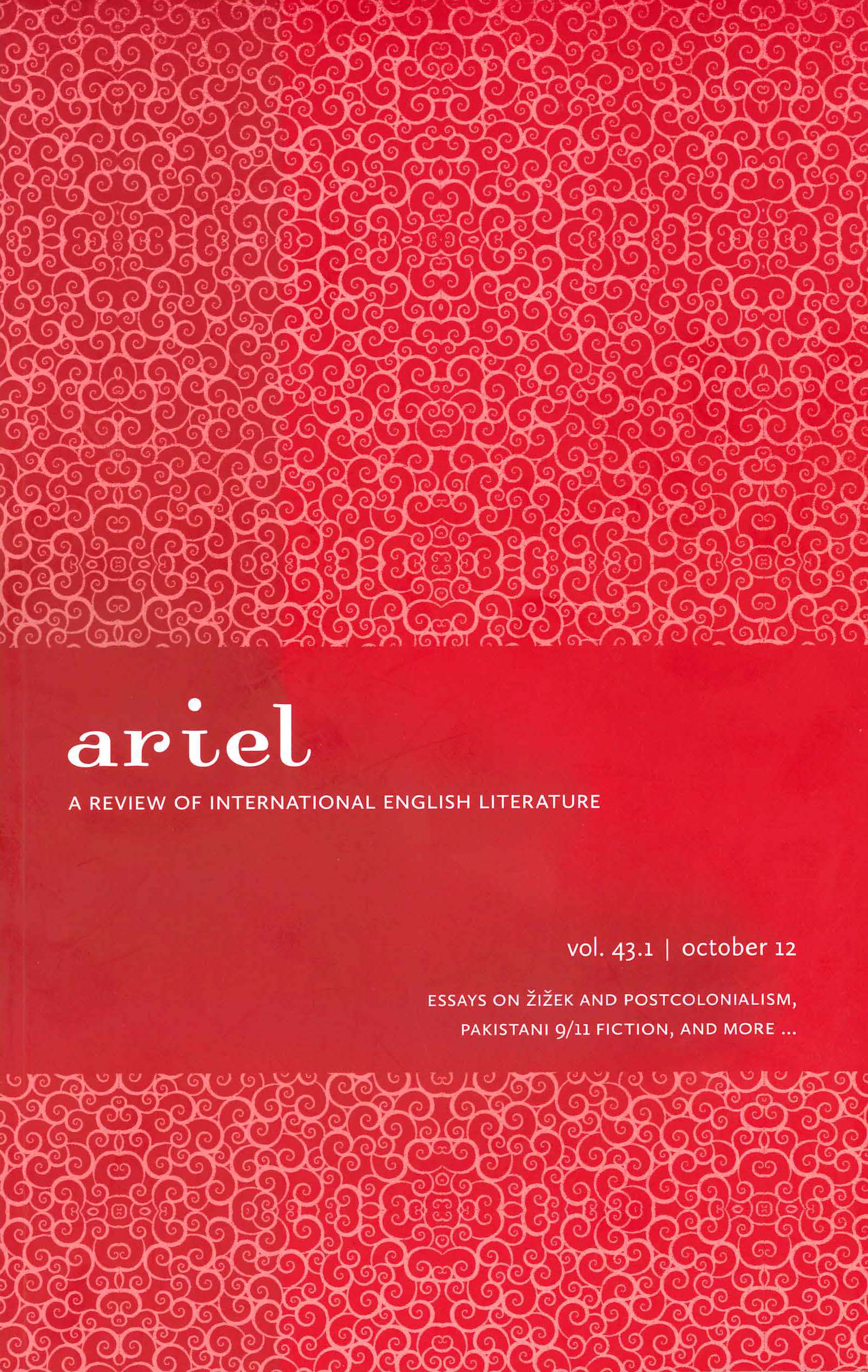Insurgent Metaphors: Decentering 9/11 in Mohsin Hamid’s The Reluctant Fundamentalist and Kamila Shamsie’s Burnt Shadows
Keywords:
Postcolonial Literatures, Commonwealth Literature, International English Literature, Studies of the NovelAbstract
This article examines the novels The Reluctant Fundamentalist (2007) by Mohsin Hamid and Burnt Shadows (2009) by Kamila Shamsie as significant examples of Pakistani writing in English after 9/11. Popular American discourse has remained mostly concerned with the cultural peculiarities of non-western and Islamic cultures such as those of Afghanistan, Iraq, and Pakistan, especially as they coalesce in the figure of the terrorist. Thus, in the reevaluation of feeling, memory, and history prompted by 9/11, the multiple and shifting notions of the “other” now converge to form a singular threat. This figure of decrepitude, prevalently constructed with the accompanying markers of illiteracy, fundamentalism, hatred, and violence, is rearticulated in Hamid and Shamsie's novels to produce the disempowered refugee, the disenchanted immigrant, and the dissident citizen.


